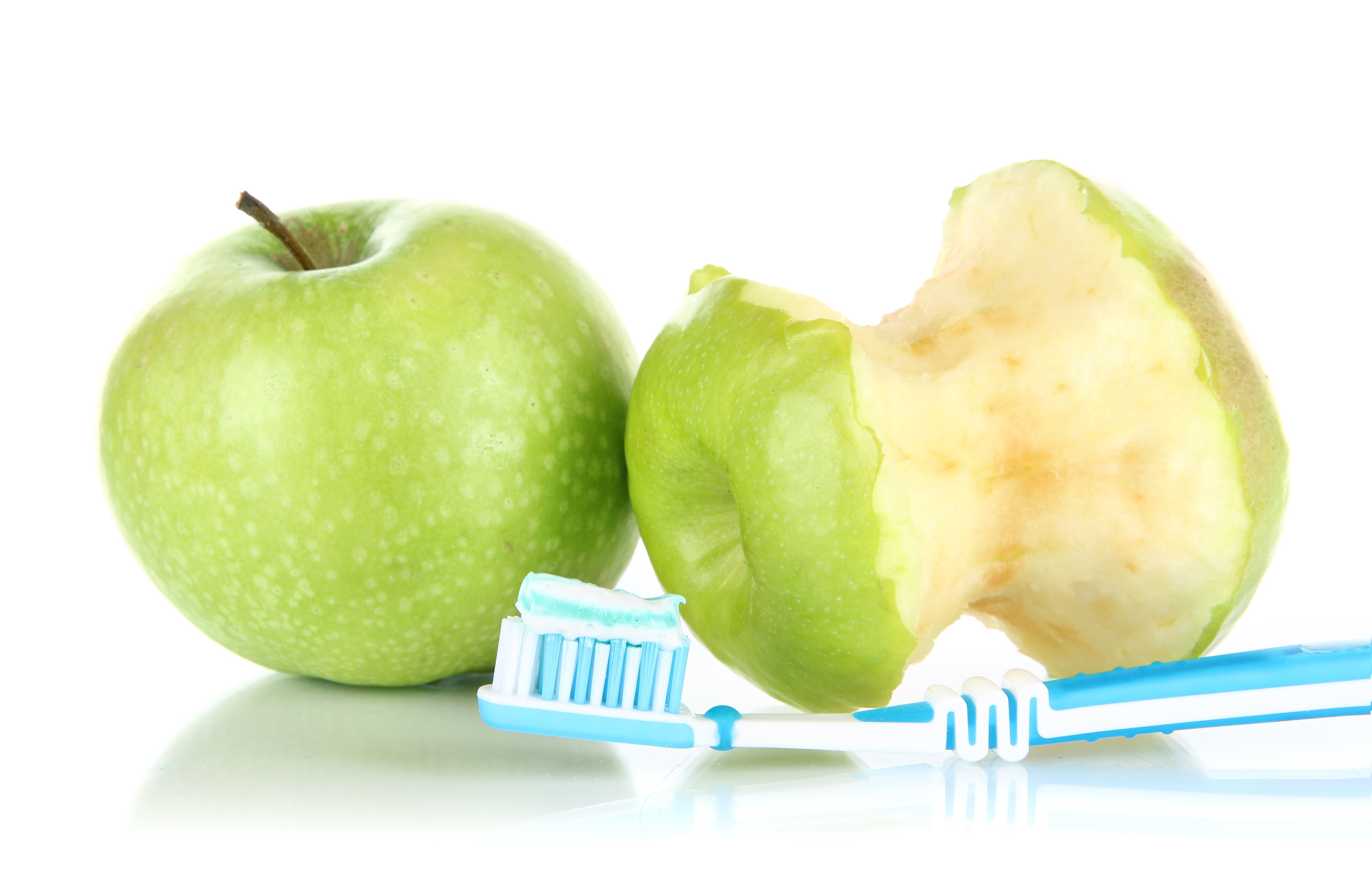What Is the Best Toothpaste for Porcelain Veneers?
 Very few people are born with perfect smiles, but porcelain veneers can make it seem that way. At Dental Associates of New England, we use porcelain veneers to treat chips, stains, gaps, and other cosmetic problems, achieving remarkable cosmetic dentistry results in the process.
Very few people are born with perfect smiles, but porcelain veneers can make it seem that way. At Dental Associates of New England, we use porcelain veneers to treat chips, stains, gaps, and other cosmetic problems, achieving remarkable cosmetic dentistry results in the process.
As we tell porcelain veneer patients at our Boston, MA dental practice, long-lasting smile makeover results are possible with proper oral hygiene. That means brushing at least twice a day and flossing every night. It also means using the right kind of toothpaste to clean your veneers and teeth. Let’s explore this surprising oral hygiene issue in more detail.
Can a Toothpaste Really Be Bad for Porcelain Veneers?
Yes.
Sure, it may seem like all toothpastes are created equal, but it turns out that some toothpastes contain ingredients that aren’t necessarily good for porcelain veneers. There are two kinds of toothpastes that are particularly bad for porcelain veneers:
- Toothpastes with abrasive ingredients
- Toothpastes with whitening chemicals
Let’s take a moment to consider each of these individually.
Harm Caused by Abrasive Toothpastes
Abrasives are common in many toothpastes. For instance, baking soda is common in many dental products. The fine grain of baking soda is great (at least in theory) for helping polish surfaces.
Yet abrasive ingredients will wear down a porcelain veneer over time. Simply using a toothpaste with baking soda could take years off the life of your veneers.
Damage Done by Whitening Toothpastes
Porcelain veneers won’t stain and can’t be bleached, but patients sometimes use whitening toothpaste for their other teeth. Unfortunately, whitening toothpastes aren’t good for veneers either.
The hydrogen peroxide and other whitening chemicals can weaken the structure of porcelain veneers. Like abrasives, you may be shortening the lifespan of your veneers without even realizing it.
Non-Abrasive Gel Toothpastes Are Ideal
The team at our Boston dental care center typically recommends patients with porcelain veneers to use non-abrasive gel toothpastes to clean their teeth. Some toothpastes are even labeled as safe for people with cosmetic dental work, such as veneers and crowns. Check the ingredients on the toothpaste just to make sure there are no abrasives or whitening ingredients.
Your Toothbrush Can Make a Difference as Well
In addition to your toothpaste making a difference, it’s also important to consider your toothbrush. If your toothbrush has hard or rigid bristles, this can do damage to the surface and structure of a veneer over time. Even if you are using the right toothpaste, the bristles will wind up doing harm.
Ideally you should use a toothbrush with soft bristles. Be gentle yet thorough when cleaning your teeth.
How Long Will My Porcelain Veneers Last?
On average, porcelain veneers will last for about 10 years, at which point they will need to be replaced. If you have old veneers, our team will be able to exchange them for new ones and make your smile appear rejuvenated.
Contact Dental Associates of New England
For more information about porcelain veneers and whether or not they are a good option for you, be sure to contact our team of skilled cosmetic and restorative dentists. You can reach us in the Boston area by phone at (781) 890-4900.



